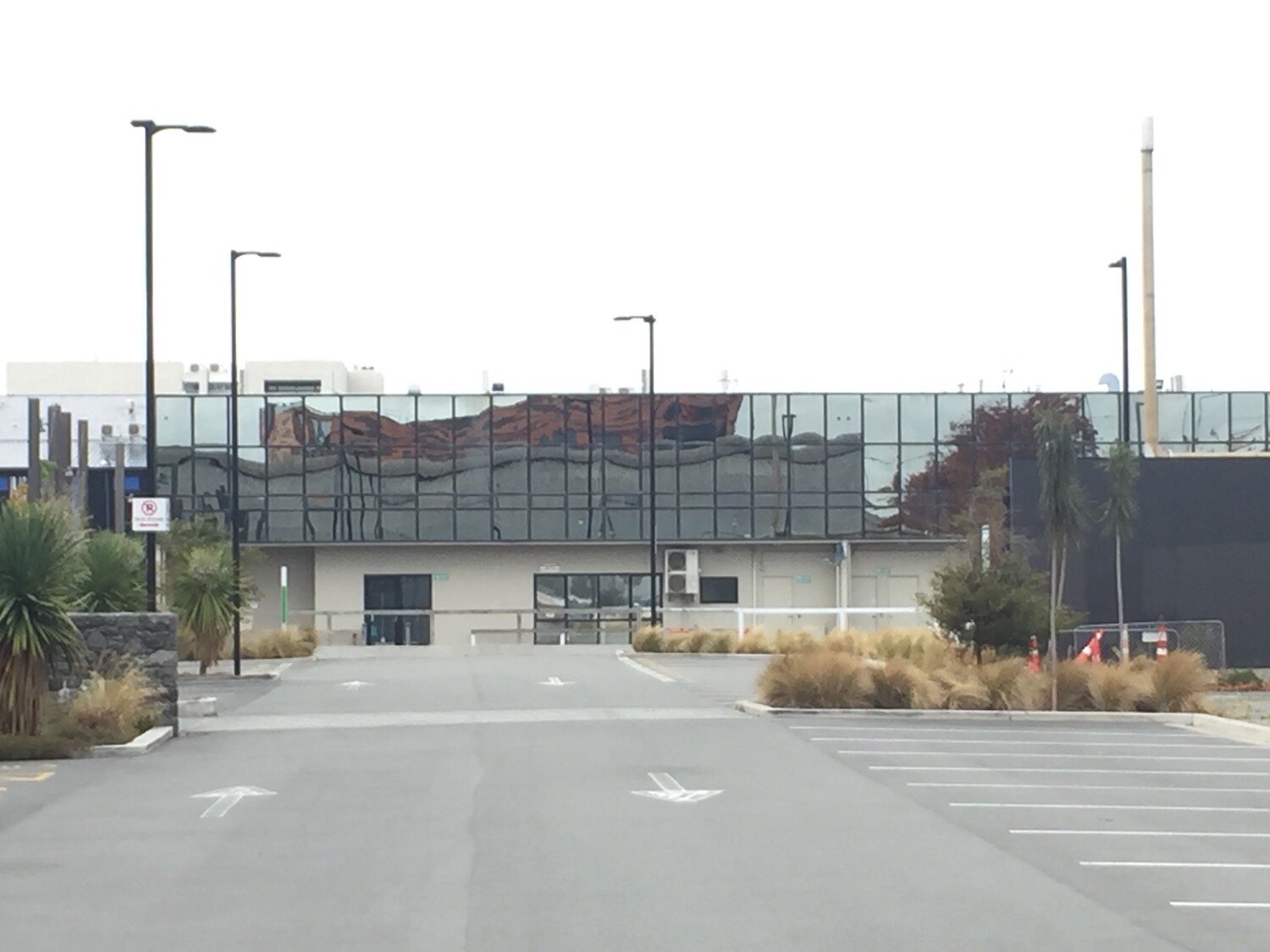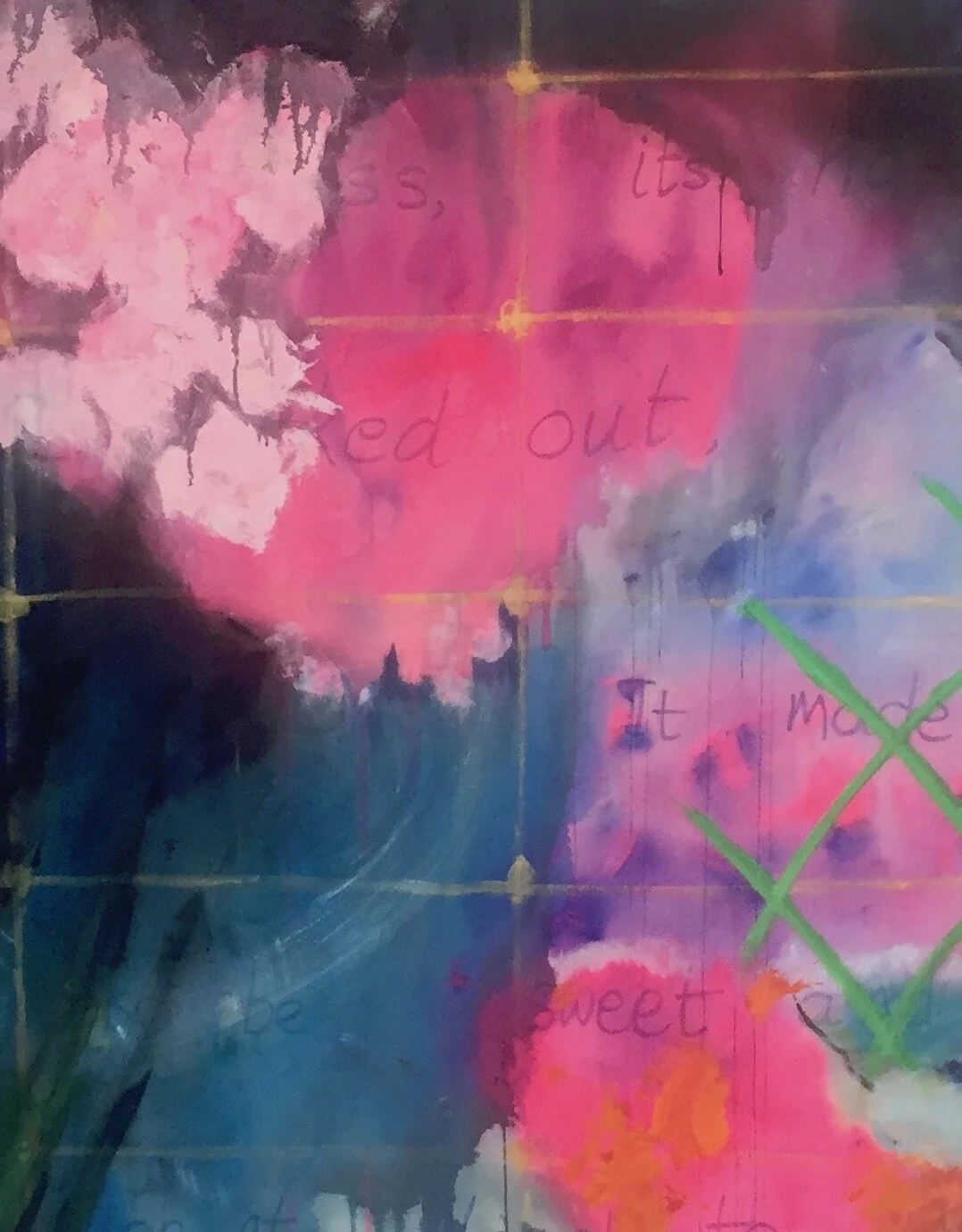Adapting to change
Empty city - Christchurch, New Zealand.
I have been feeling rather inadequate these last few weeks as I watched other people offer wise words from their isolation, develop projects, produce work, start jogging, set up online events. Nothing much seemed to be happening in my home studio, in my head, on my blogs. I‘ve been keeping informed, and putting my small energy into writing poems for an online course I’ve been following. I comfort myself with cleaning the apartment. I sit and watch films. I play with the granddaughter for hours. I cry sometimes – when I catch a glimpse of a Greek village or see family unreachably far away.
Now I realize that my reactions over the last weeks, as Covid-19 became a pandemic and sent us into ‘lockdown’, parallel my reactions to another sudden big change from decades ago.
As a young woman, out of university for just one year, I went to Tanzania in east Africa to work for two years as a volunteer teacher in a secondary school. After a hot, mosquito-bitten, sleepless night in the city, we were taken to a small town, to a residential centre in the hills to learn Swahili and about this exciting country.
To understand the enormity of that shift, you need to know that I had thus far led a comfortable but limited English lower middle class kind of a life. With parents who survived the war and were determined to provide us with safety and the means to make a living. A secure and expanding life in which a grammar school education introduced me to literature and French, and the mathematics I’d go on to study at university, and good habits. I had travelled out of the UK only as far as France and Austria. There had been many changes across my life already but they were mostly of the small ‘continuous’ type, expected and easily accommodated, adapted to.
Arriving in East Africa was change of a different nature for me: sudden, shocking, discontinuous. The kind that complex systems people call ‘perturbations to the system’. I found myself in a completely different landscape, literally and metaphorically.
And what did I do in response to this major change?
I stayed in. Some people in our group couldn’t wait to get to the market, to go on visits to factories, and walking around the town. I preferred not to go out. I worked hard at my Swahili. We gradually edged out of the centre on short walks up the hill, getting slowly used to the new sights and sounds, the climate, the environment. After some days, I felt ready for trips to the market. At the time, and looking back since, I sometimes felt as if I should have been bolder, more outgoing.
Now I notice that pattern again. And I feel protective of that naïve 22 year old who was just doing what she needed to do, inhabiting the comforting activities she felt safe in, and slowly moving out into the new world she found herself in. I see a kind of bravery in action.
Our individual ways of being and adapting are our strengths.
Whatever your way of being with, and adapting to, large-scale life changes – and we are each different in what that looks like – be patient with yourself in these weeks of change. Notice your own patterns across your life and, instead of berating yourself for imagined inadequacies, love them for how they serve you.
And let’s recognise that everyone else is in a process of adapting too.
Your bravery was never in doubt (detail) Original painting by Lynne Cameron.

